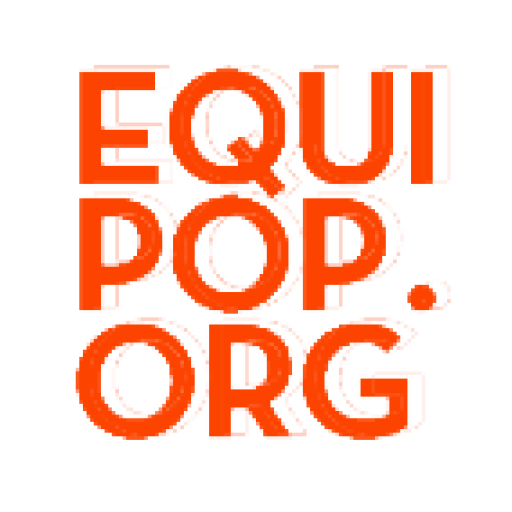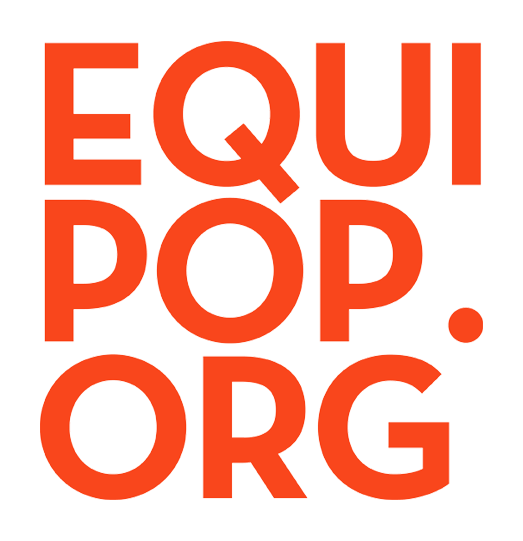
– Testimonies – Nathalie Aka Brou, from the Ministry of Health of Ivory Coast and Yao Jules Konan, RH/Adolescent/Youth Programme Officer, UNFPA Ivory Coast
« The theme of menstrual health was often only partially addressed by various participants. We needed a task force to collect documents and everyone’s experiences. »
When did UNFPA Côte d’Ivoire and Equipop begin working together ?
For several years, the United Nations Population Fund (UNFPA) office for West and Central Africa and some country offices have been collaborating with Equipop to highlight adolescent girls in sexual and reproductive health and rights (SRHR) programs and to promote comprehensive sexuality education (CSE). The UNFPA Côte d’Ivoire office was involved in a 2016 project to identify six Ivorian civil society organizations that joined the Alliance Droits et Santé (Rights and Health Alliance) that Equipop catalyzed. The formal partnership between Equipop and UNFPA Côte d’Ivoire and its partners – the ministries of education and health and other UN agencies involved in the Muskoka Initiative – really began in 2018 with the Equipop Lab system of support.
Why was menstrual health prioritized ?
Menstrual health emerged as a relevant topic from consultations that preceded an Equipop incubation lab carried out with civil society organizations, UN agencies, and government partners in education, health, family, and youth services. A December 2018 incubation lab then allowed us to work together on high-impact activities to invest in menstrual health and make it a gateway for adolescent and youth sexual and reproductive health and rights in Côte d’Ivoire.
Why did UNFPA spur the creation of the Ivorian National Menstrual Health and Hygiene Task Force ?
Often, menstrual health was only partially addressed by various actors. We needed a task force to collect documents and everyone’s experiences in order to have a clear situational analysis and to facilitate discussion and coordination on a topic that involves several sectors.
We aligned the task force’s composition with the technical working group of the “Zero Pregnancy at School” campaign. The main task force members head up technical directorates at the ministries of education and health, partner UN agencies, and civil society groups and youth movements.
The task force set the following framework for action:
• Carry out a solid situational analysis based on current experiences and existing documentation.
• Work on the development of materials and tools.
• Propose a methodology to mainstream and disseminate the materials and tools at various levels, including school curricula, school club events, healthcare clinics and units, mass media, etc., and monitor and evaluate these outreach and information efforts.
How did Equipop help the Task Force in 2019 ?
Equipop’s help in validating our national document on menstrual health and hygiene during the November 2019 workshop enabled us to enrich those guidelines. The six days of work allowed the thirty task force members and partner representatives to better understand and mainstream both a rights-based rights approach and a gender-equality lens into our document content. Concretely, the participants were able to:
• Become aware of the importance of gender mainstreaming and using a rights-based approach when developing documents for public use.
• Develop the reflex to write in ways that are non-sexist, inclusive, and respectful of human rights.
• Apply these principles to documents about menstrual health by identifying changes that need to be made in order to mainstream gender and rights and thereby deconstruct false beliefs about menstruation.
Through this work, we were able to develop and adopt a comprehensive national guide. It is a multisectoral resource for various actors to disseminate accurate, reliable, and quality information on menstrual health. The content can be adapted according to the target audience: girls, boys, healthcare personnel, and others.
What are the next steps ?
In the short term, as part of this project and based on the guide, we will complete user guides, such as how to make sanitary pads. We will develop information sheets for healthcare personnel, influencers, community activists and stakeholders in order to raise awareness about the subject.


